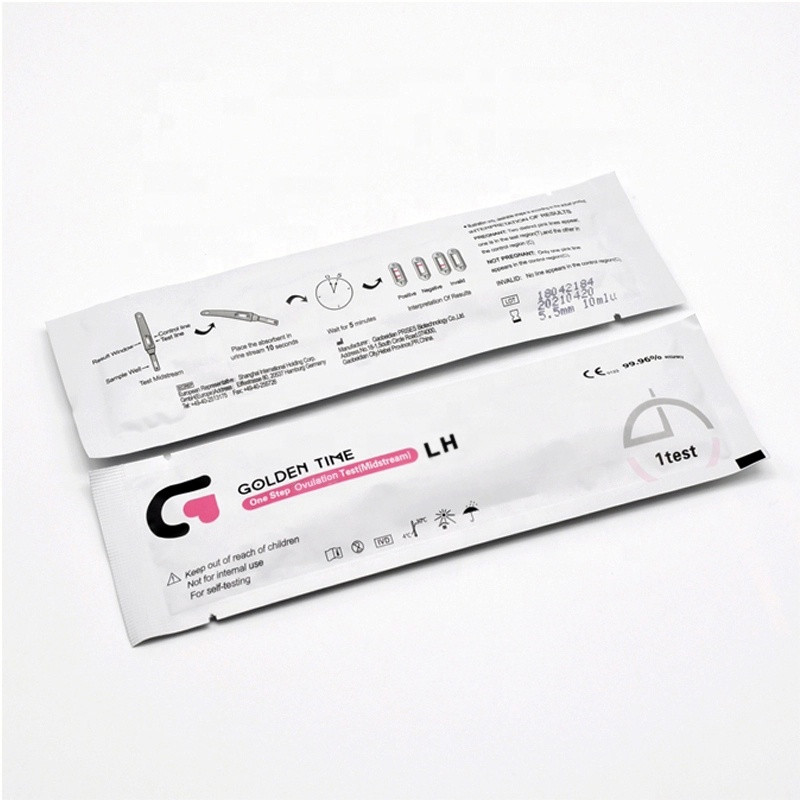Januari . 09, 2025 14:08 Back to list
covid test
The impact of COVID-19 has irrevocably altered our global landscape, not least in the realm of healthcare diagnostics. As the demand for swift and accurate COVID-19 testing increases, consumers are navigating an evolving marketplace filled with diverse testing options. Understanding the intricacies of these options, including the differences between rapid antigen tests, PCR tests, and at-home testing kits, is crucial for making informed decisions about personal and public health.
For comprehensive testing solutions, some companies now offer hybrid models—integrating rapid antigen and PCR testing in a single service. These models are particularly effective in community testing programs, balancing the need for speedy results with the accuracy for which PCR testing is renowned. By leveraging developments in AI and cloud technology, test results can be streamlined through digital platforms, providing easy access and actionable insights for healthcare professionals and users alike. However, COVID-19 testing is only one piece of the broader puzzle in managing the pandemic. Equally essential is the interpretation and application of test results. Public health education plays a vital role in this, empowering individuals with the knowledge to understand their health status and take preventative actions based on test outcomes. Governments, healthcare entities, and businesses need to work synergistically to ensure that testing processes are clearly communicated, affordable, and accessible to all populations. In this progressively complex landscape, engaging with health professionals for advice and combining rapid, at-home, and laboratory-based tests can provide a robust framework for personal and communal health safety. Trustworthy sources, such as the WHO and CDC, continually update guidelines and informative content essential for navigating these testing options effectively. As we advance into what may become a post-pandemic era, the resilience instilled by informed testing choices will undoubtedly fortify our collective ability to respond to future health challenges.


For comprehensive testing solutions, some companies now offer hybrid models—integrating rapid antigen and PCR testing in a single service. These models are particularly effective in community testing programs, balancing the need for speedy results with the accuracy for which PCR testing is renowned. By leveraging developments in AI and cloud technology, test results can be streamlined through digital platforms, providing easy access and actionable insights for healthcare professionals and users alike. However, COVID-19 testing is only one piece of the broader puzzle in managing the pandemic. Equally essential is the interpretation and application of test results. Public health education plays a vital role in this, empowering individuals with the knowledge to understand their health status and take preventative actions based on test outcomes. Governments, healthcare entities, and businesses need to work synergistically to ensure that testing processes are clearly communicated, affordable, and accessible to all populations. In this progressively complex landscape, engaging with health professionals for advice and combining rapid, at-home, and laboratory-based tests can provide a robust framework for personal and communal health safety. Trustworthy sources, such as the WHO and CDC, continually update guidelines and informative content essential for navigating these testing options effectively. As we advance into what may become a post-pandemic era, the resilience instilled by informed testing choices will undoubtedly fortify our collective ability to respond to future health challenges.
Next:
Latest news
-
Premium Empty ABS Plastic Cassettes: Durable & Lightweight Storage
NewsAug.01,2025
-
Accurate Cocaine (Coc) Rapid Test Kit | Fast & Reliable Detection
NewsJul.31,2025
-
Accurate HCG Pregnancy Test Strips | Fast Home Use Kit
NewsJul.31,2025
-
Reliable Early Pregnancy Test Kit Supplier - Multi Plastic Cassette Options
NewsJul.30,2025
-
Transferrin Rapid Test Cassette – Reliable Tumor Marker Detection
NewsJul.29,2025
-
Accurate Follicle Stimulating Hormone Test Kit | Rapid Reliable Results
NewsJul.29,2025

